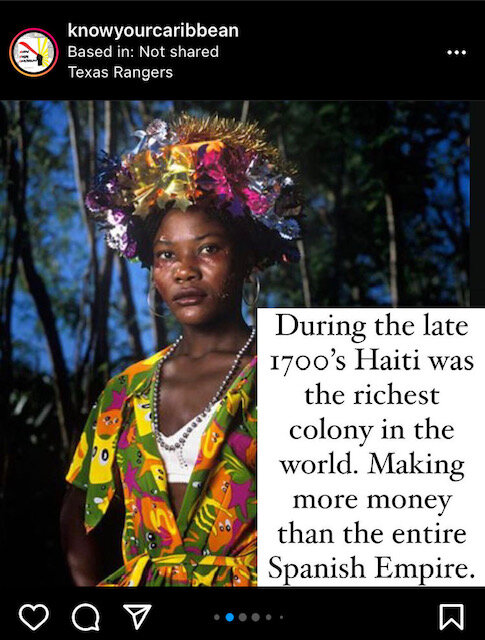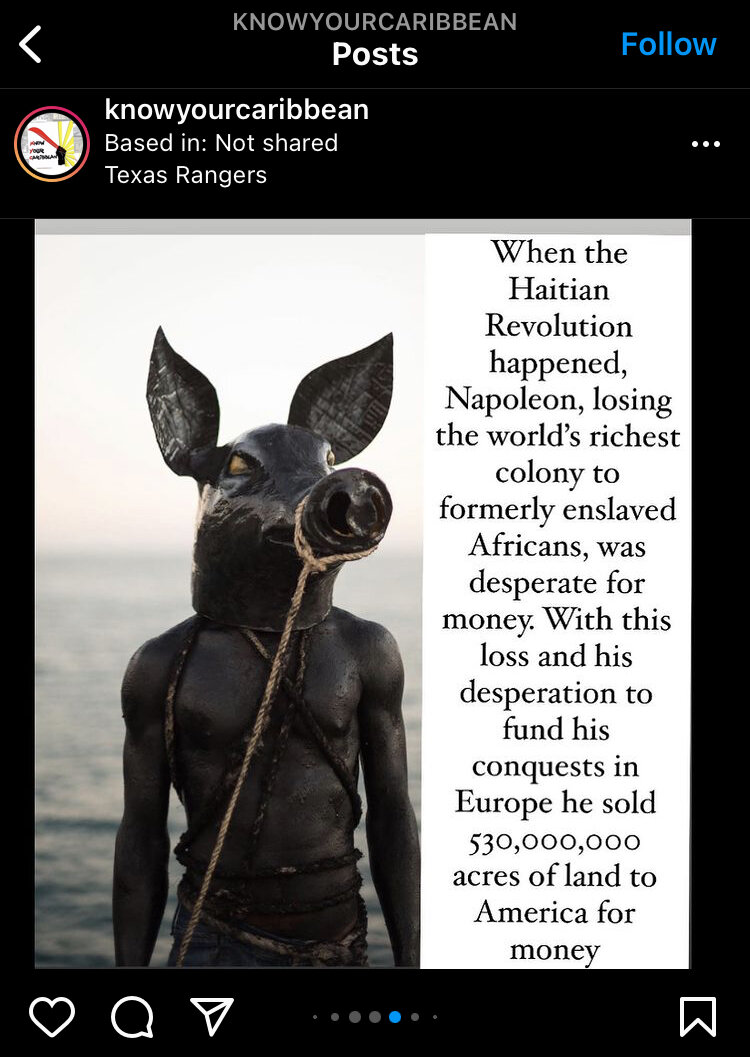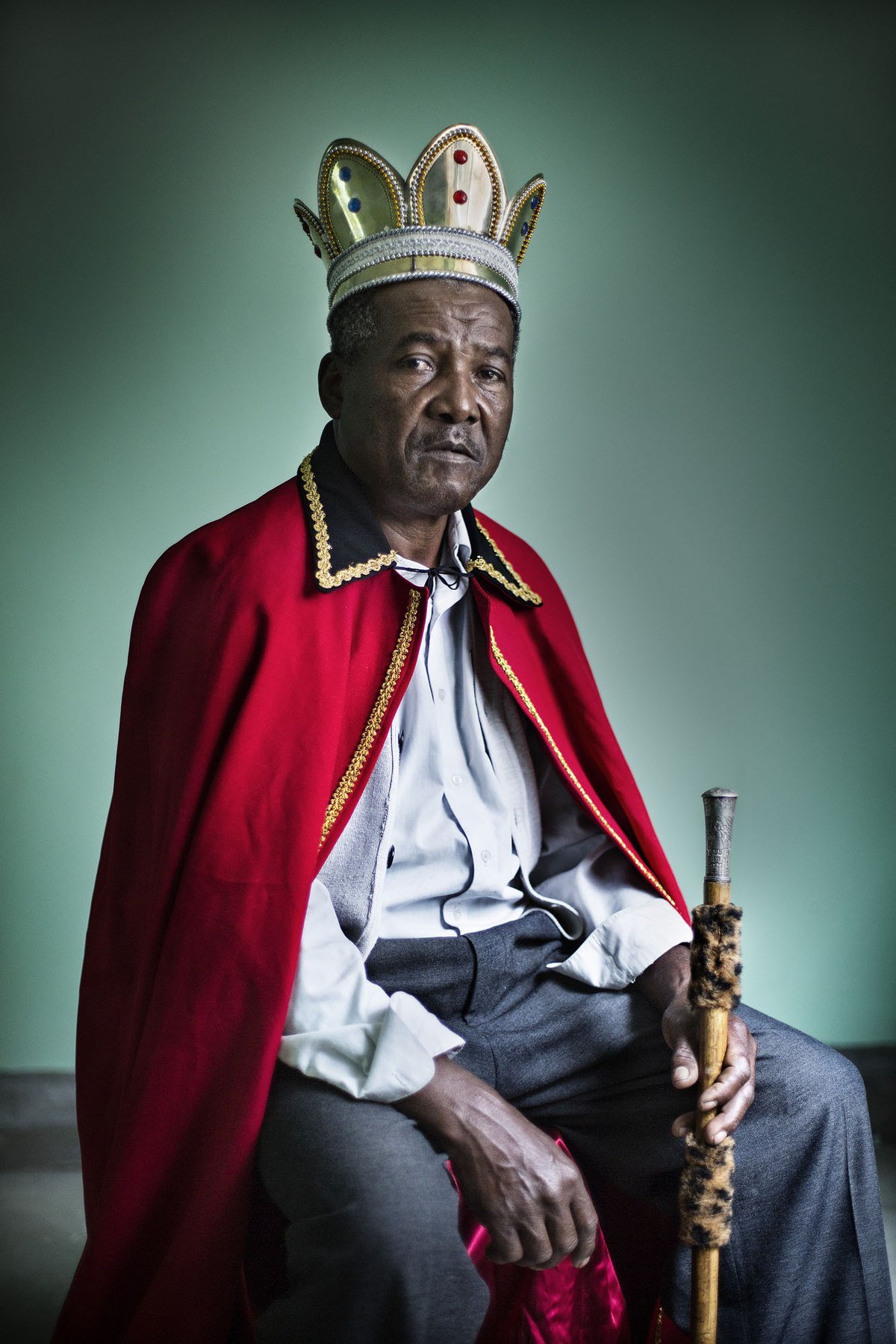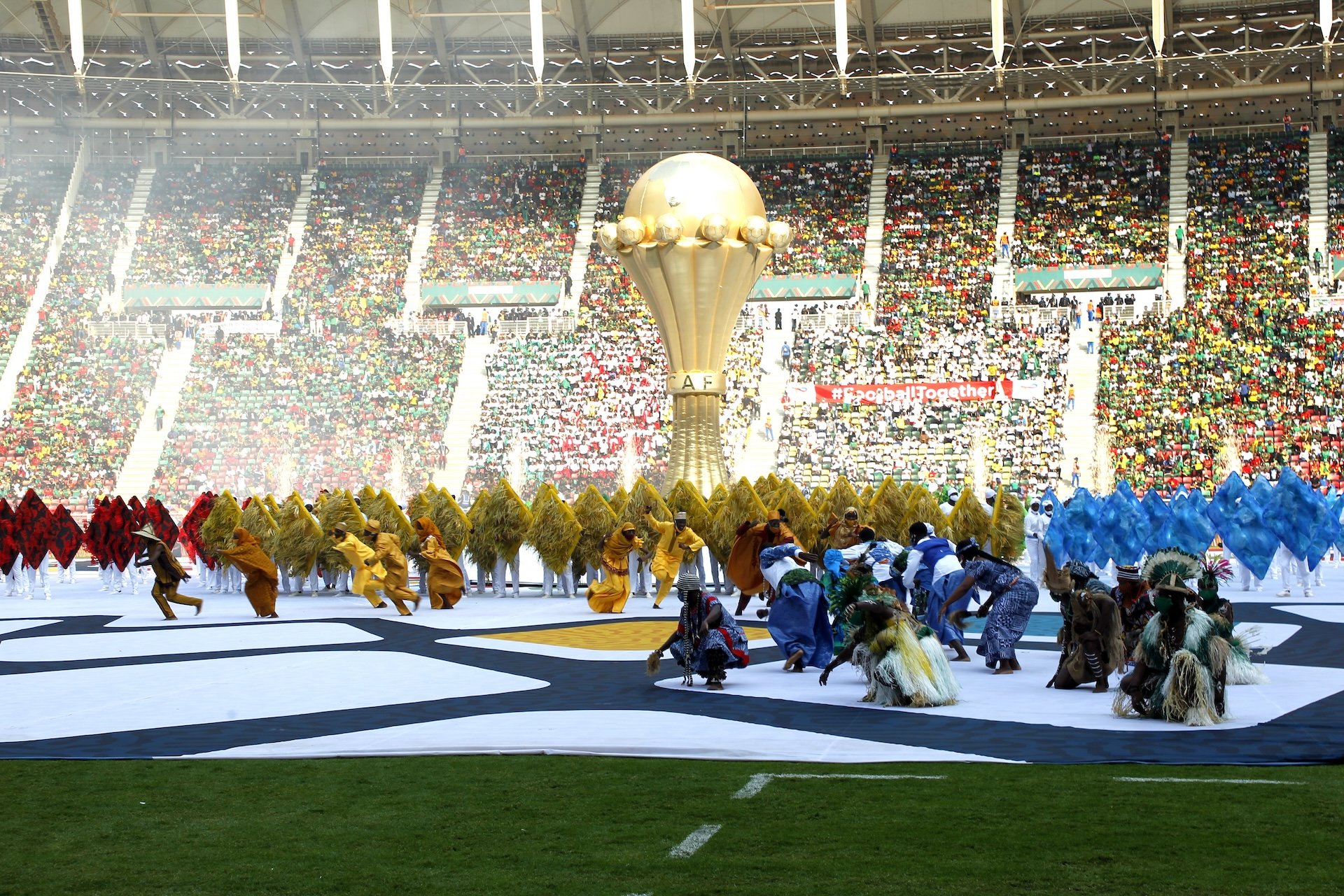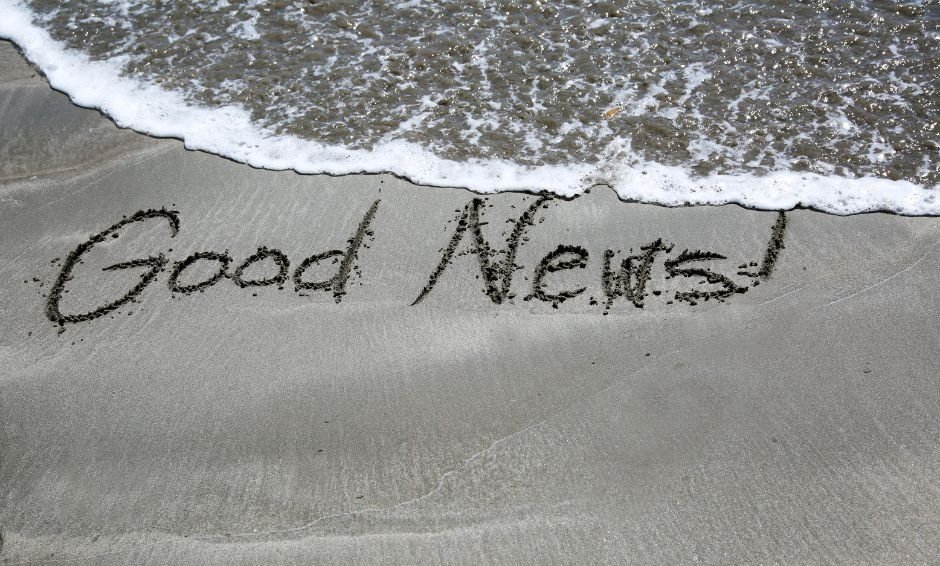What the world owes Haïti
Image: Youtube.com (HumblyNancy)
In recent weeks, Haïti has been in the news for at least two reasons: first, for the brazen assassination of its reformer President, Jovenel Moïse in June; then for the shameless decision by the Biden administration to deport thousands of Haïtian refugees in such an inhumane way that a senior US official decided to resign in protest.
In truth, the coverage of these two developments added to the preexisting picture of Haïti in the public discourse, made of catastrophic events (hurricanes, earthquakes…), political instability, economic woes, and daily suffering.
Yet, to reduce the land of Toussaint Louverture to such a narrow set of issues is to miss the country’s remarkable contribution to the world’s history.
The first slaves’ revolution
Picture this: The world in the early 1800s. European powers dominate over seas and lands. Across America, from Brazil to the United States slavery is well established. From the coast of West Africa, thousands of people are brutally shipped to the New World. Being Black anywhere in the world is to live with the fear of being captured, sold, and forced to work for the Whites. Life is bleak.
Now focus on a tiny piece of land, off the coast of the American colonies (now known as the United States America). Not Cuba. No. Not Puerto Rico. But nearby, on the island then known as Hispaniola. Here the slavery engine runs at full tilt, making the place one of the richest on earth. Yes, but only if you’re White, French to be correct. The Africans here are toiling, day and night.
Enter a few thousand exceptional men and women. Their original names may well have been Kofi, Efoua or Ewodi, since they came from West Africa, from the countries now known as Congo, Cameroon, Nigeria, Benin, Ghana, Gambia, or Senegal...
But for history, they are known by the slave names given or rather forced on them by the Whites. Toussaint Louverture, Henri Petion, Dessalines… They, and thousands of others will raise hell, for their freedom, against the world’s best army, Napoleon’s army, the French general.
Against all odds, in 1804, these Africans would proceed to win the most precious of battles, the first by an enslaved Black people, showing in dramatic fashion that three centuries of slavery could be ended. History has it that as they fought, Haïtians screamed “la liberté ou la mort,” (freedom or death) and also, “couper têtes, brûler kay,” (cut the slave owners' heads and burn their houses).
In effect, over a century before Frantz Fanon, the famed writer, would theorize that violence was the path to liberty for the “wretched of the heart,” the Haitian revolutionaries would have made and proved that enduring point. For that glorious victory, Haïti has been made to pay a hefty price, by the French and the Americans.
Making France filthy rich
But before France imposed an unjust debt on its former colony, it plundered Haïti over a long period. In the 1700’s as @knowyourcaribbean aptly reminds us Haïti was the richest colony in the world, richer than the entire Spanish empire, for the exclusive benefit of France.
And after the revolution, France imposed a most unbelievable price on Haïti, with the support of European powers and the United States, as a compensation for its loss, making it the most blatant case in international affairs where the losing side in a war got richer than the winning side. Worse still, the $21 billion dollar bill was repaid over a period of more than 150 years.
One measure of the ground-shifting impact of Haïti’s revolution on world affairs is seen in the fact that, as a result of this momentous event, France is forced to sell 530 000 000 acres of land to the United States, thus directly impacting the creation of the country as it is known today much more than any other single development.
Helping America in times of need
Beyond helping the United States take much of its current shape, in geographical terms, Haïti also supported the country as it fought England, its Black people as they fled slavery, and was a key and strategic point for France’s support to America’s own revolution.
And for all its support and assistance to the United States, in return, Haïti has earned not recognition but further troubles at the hands of America.
So next time, when Haïti is in the news, for all the challenges the country faces, remember all the great things it did for the world.
SHOP THE CHANGEMAKER COLLECTION


